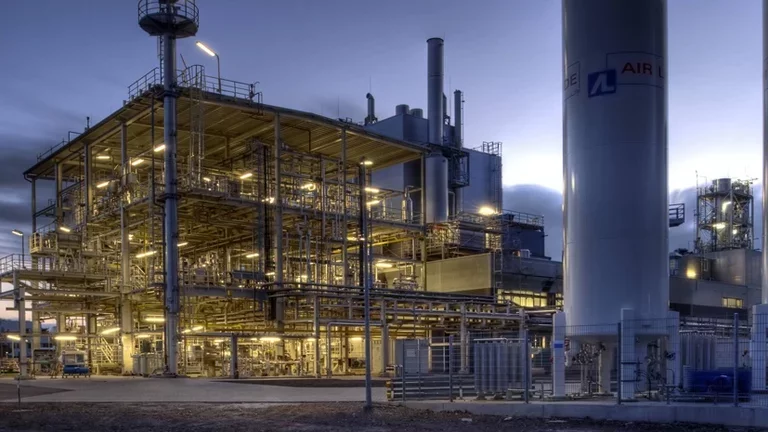Germany: start-up of second generation biofuel production through the bioliq™ project
- News
- Hydrogen

Conducted in partnership with the Karlsruhe Institute of Technology (KIT), the bioliq™ pilot plant aims at demonstrating the feasibility of a process to produce high-quality sulfur-free fuel from residual biomass. These “second generation” biofuels are produced using the inedible part of plants (wood waste, straw), without any impact on the food chain, as opposed to “first-generation” biofuels produced from the oil, sugar or starch contained in plants like oilseeds, beetroot or cereals.
For this project, Air Liquide provided key technologies for the pyrolysis* of biomass and gas synthesis as well as the oxygen supply needed for the gasification process. Thanks to this process now operating, approximately 7 kg of straw can produce 1 liter of fuel.
These biofuels will be able to contribute to the production of quality fuels, green chemicals, and “Blue” hydrogen (CO2 free hydrogen). They allow a reduction of up to 90% in CO2 emissions compared to fossil fuels.
The next step is to optimize the process in order to ramp up production and prepare for future commercialization.
*Pyrolysis is the decomposition of organic material at high temperatures to obtain other products (gas and materials).
Director of External Communications
+33 (0)1 40 62 58 49
media@airliquide.com